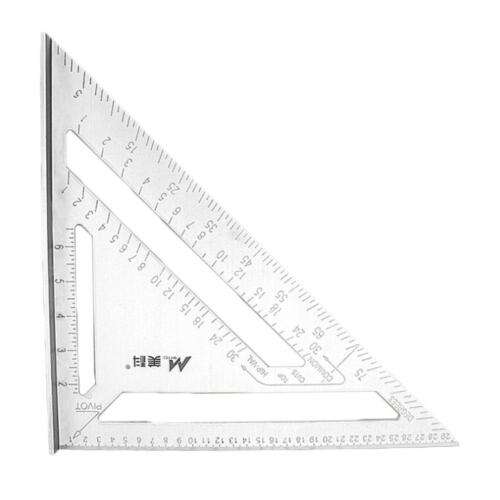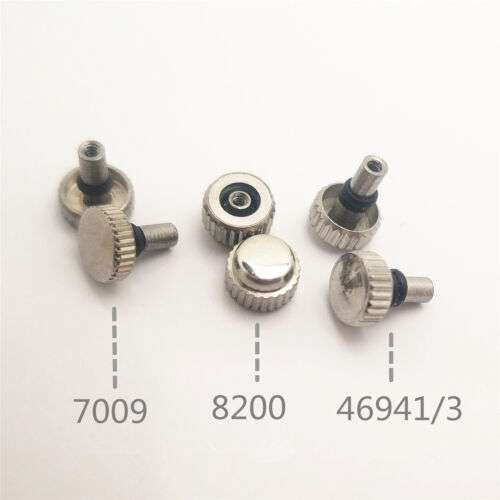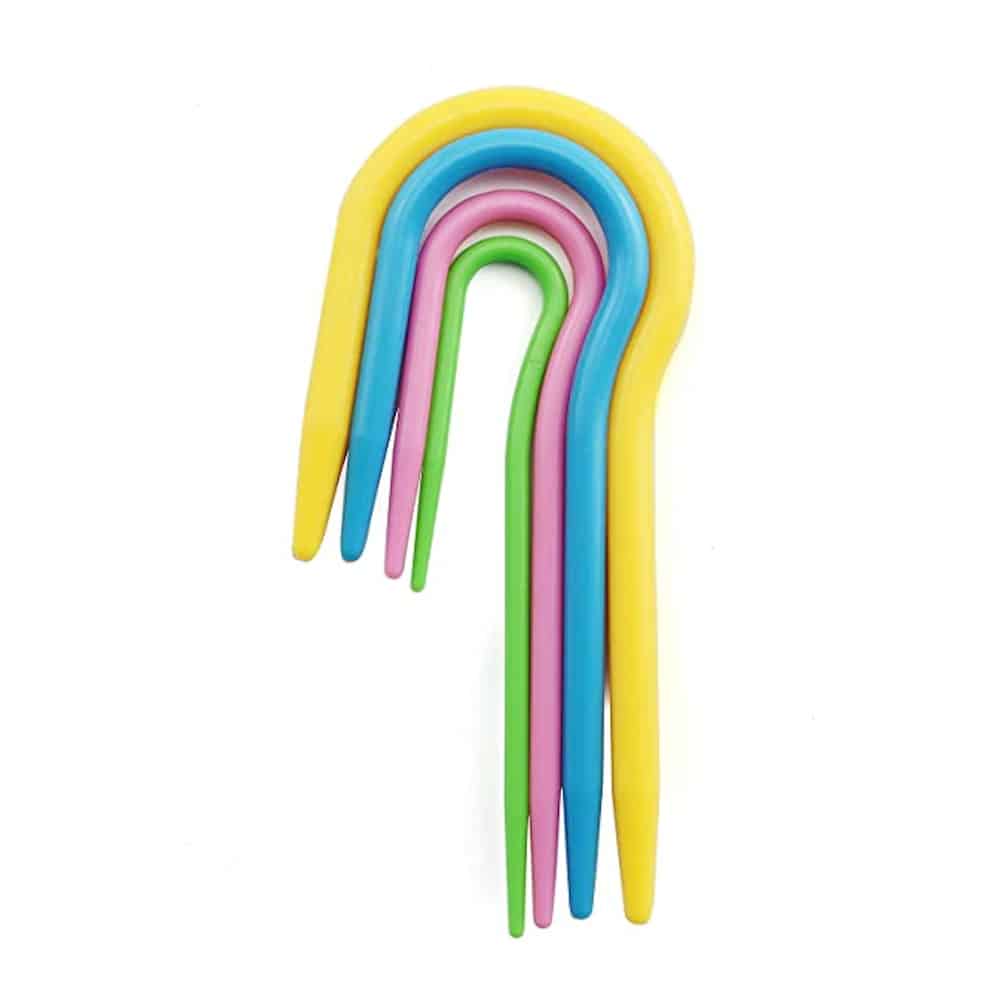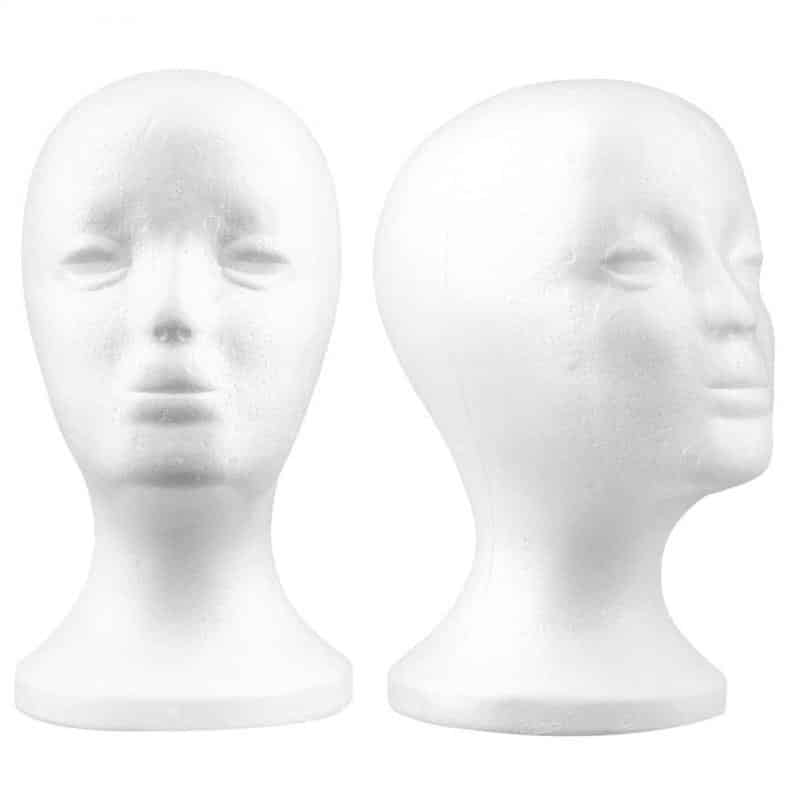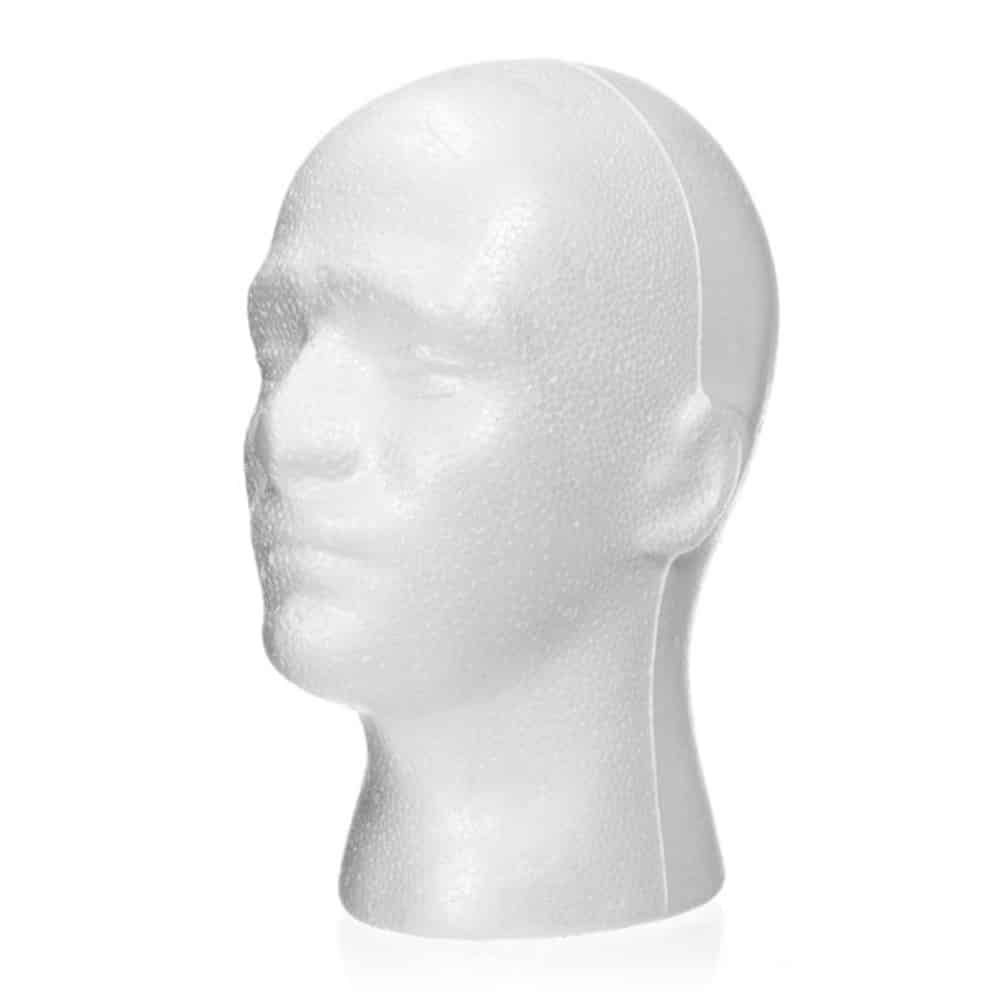Aluminum Alloy
Product Features: Aluminum alloy is a lightweight, strong, and corrosion-resistant material that is commonly used in a variety of applications across various industries. It is an alloy of aluminum and other elements, such as copper, magnesium, manganese, and silicon. The addition of these elements enhances the properties of pure aluminum, making it stronger, harder, and more durable.
Applications: Aluminum alloy is widely used in various applications, including: - Aerospace industry: Aluminum alloys are used in aircraft construction, components, and fuselage due to their lightweight and strength-to-weight ratio. - Automotive industry: Used for parts like wheels, engine blocks, and body panels to reduce weight and improve fuel efficiency. - Marine industry: Aluminum alloys offer excellent corrosion resistance, making them suitable for boat and ship construction, hulls, and propellers. - Construction industry: Utilized in building structures, roofing, siding, and windows due to its strength and durability. - Consumer products: Used in electronics, appliances, sporting goods, and furniture for its combination of strength, lightness, and resistance to corrosion.
Benefits: - High strength-to-weight ratio: Aluminum alloys are lightweight compared to other metals while maintaining high strength, making them ideal for applications where weight reduction is crucial. - Corrosion resistance: Aluminum alloys exhibit excellent resistance to corrosion, particularly in marine and coastal environments, extending their lifespan and reducing maintenance requirements. - Durability: Aluminum alloys are highly durable and can withstand harsh conditions like extreme temperatures, UV exposure, and wear and tear. - Versatility: Aluminum alloys can be cast, forged, rolled, and extruded into various shapes and forms, allowing for customization and suitability for diverse applications. - Recyclability: Aluminum alloys are highly recyclable, which promotes sustainability and reduces environmental impact.
Specifications: The composition of aluminum alloys varies depending on the application and desired properties. Some common aluminum alloy designations include: - 1000 series: Pure aluminum (99% or higher) with high electrical and thermal conductivity. - 2000 series: Alloyed with copper, providing increased strength and hardness. - 3000 series: Alloyed with manganese, offering good strength and corrosion resistance. - 4000 series: Alloyed with silicon, exhibiting good weldability and strength. - 5000 series: Alloyed with magnesium, providing high strength and corrosion resistance. - 6000 series: Alloyed with magnesium and silicon, combining high strength, corrosion resistance, and weldability. - 7000 series: Alloyed with zinc, offering high strength and hardness but lower corrosion resistance.
Additional Features: - Anodizing: Aluminum alloys can be anodized to create a protective oxide layer that enhances corrosion resistance, wear resistance, and aesthetics. - Hardening: Heat treatment processes can be applied to aluminum alloys to increase their strength and hardness. - Welding: Aluminum alloys can be welded using various techniques, such as TIG welding, MIG welding, and spot welding. - Machining: Aluminum alloys are relatively easy to machine, allowing for precise and complex shapes.
External Links: The Aluminum Association: Aerospace & Defense MatWeb: Aluminum Alloy Properties Industrial Metal Supply: The Ultimate Guide to Aluminum Alloys